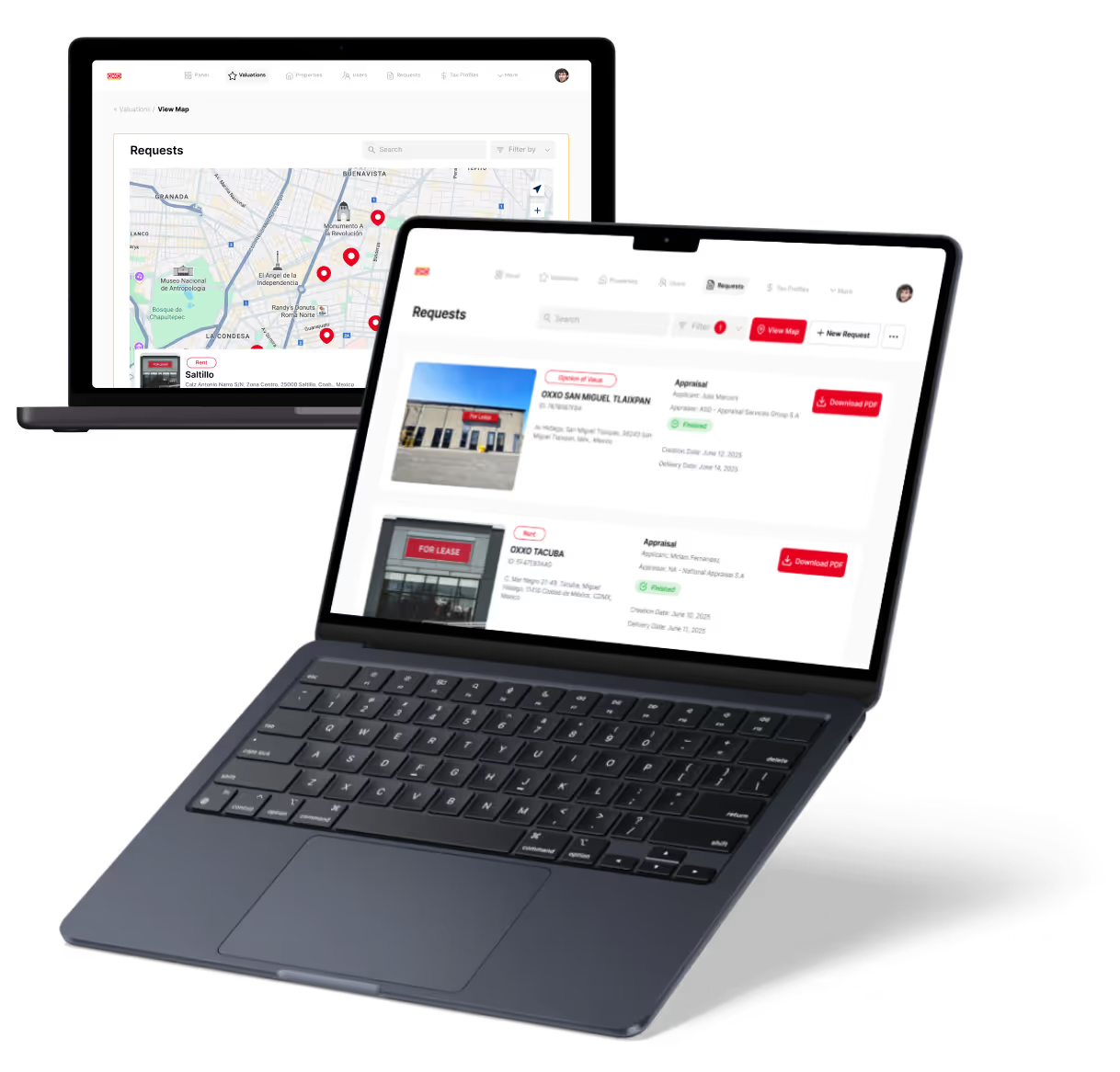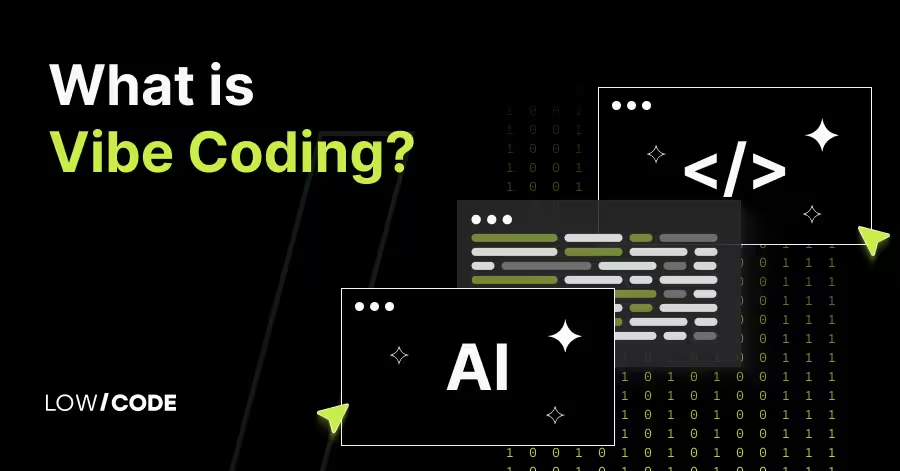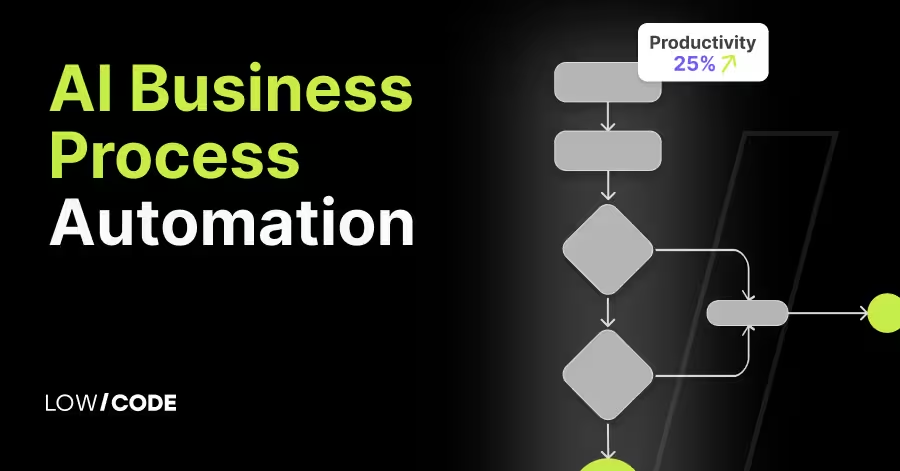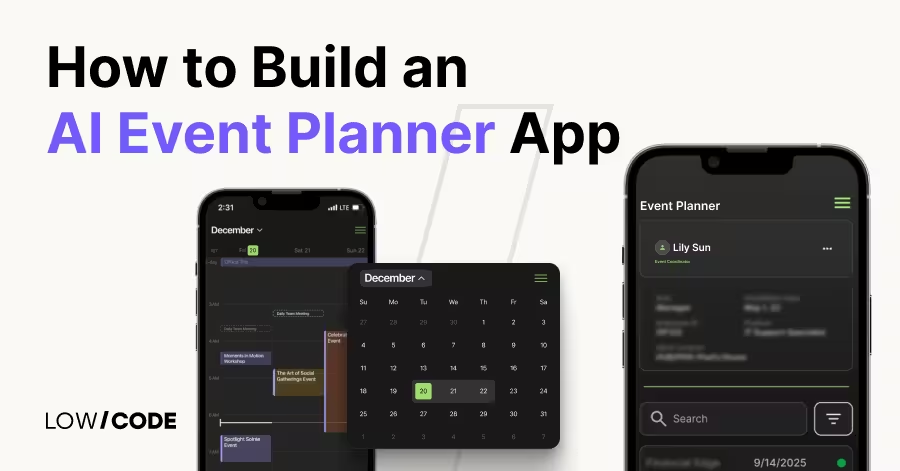How to build an AI agent in Slack
12 min
read
Learn how to build and implement AI agents in Slack to automate tasks, enhance team collaboration, and transform your digital workplace efficiency.

Introduction
What’s the ultimate goal of including AI into your workplace? We’d say the real value of bringing AI into your workplace goes beyond simple automation; it's about working smarter and focusing your team's talents where they matter most.
By delegating routine tasks to AI assistants, your team can concentrate on work that demands human creativity, judgment, and collaboration.
Slack has grown from its origins as a messaging tool into a central hub that connects and powers modern organizations. The platform now offers exciting possibilities for AI integration, opening new ways to enhance how teams communicate and work together. Let's walk through the process of creating and implementing an AI assistant in Slack.
TL;DR
AI agents in Slack transform workplaces by automating tedious tasks, allowing teams to focus on creative and complex work. These customizable digital teammates integrate with existing workflows, offering features like task automation, communication monitoring, and actionable insights to improve collaboration and efficiency.
Understanding Slack AI agents
Before diving into the specific building process, it's important to understand what Slack AI agents are. Let's explore what Slack AI agents are and how they can help your team.
Think of Slack AI agents as digital assistants that work directly in your workplace chat. They handle routine tasks automatically and provide you with instant information when you need it. The best part? You can modify them to fit exactly what your team does, and they work smoothly with the tools you already use every day.
Slack AI agents key features
- Through advanced automation capabilities, these AI agents handle repetitive daily tasks, from coordinating team schedules to managing data entry workflows, allowing teams to focus on higher-value work.
- Agents continuously monitor communication patterns and team interactions, delivering actionable insights that drive measurable improvements in collaboration and workplace efficiency.
- The agents can be customized according to the organization’s needs through Slack's APIs, which ensures an alignment with their unique operational requirements and goals.
Benefits of incorporating AI agents
Adding AI agents to your Slack workspace can significantly improve how your team works. Let's look at what this means for your organization in practical terms.
When AI agents handle routine tasks, your team can concentrate on complex work that requires human judgment and creativity. This reduces the mental strain of switching between different types of tasks and helps people work more effectively.
This method can fundamentally change how teams operate. How? By helping them complete work faster and more efficiently.
Let’s address some of the specific benefits of incorporating a Slack AI agent for businesses:
- Save time: Teams using Slack AI report saving time during their daily tasks, which improve efficiency.
- Enhanced productivity: Organizations see their productivity increase after implementing AI-powered agents.
- Efficiency: AI helps reduce meeting duration, leading to more focused and efficient discussions.
Use cases
We have briefly gathered the main use cases and different ways to implement Slack’s AI agents. Let’s assess them thoroughly in this section.
Workflows automation: AI agents in Slack cut down repetitive task processing, such as meeting organization or content production, by automation.
Custom AI agents: This specific AI use case allows for a customized creation of an AI agent tailored to your business needs. Slack allows users to make custom AI agents using APIs specifically to carry out content creation or data collection.
Summaries: AI agents can summarize conversation threads and notify users as soon as the process is finished, which makes it simpler to remain informed about vital discussions.
Provide specific content: Analyze specific written data to identify patterns and key insights from users queries. This accelertaes search by synthesizing information from specific sources and databases.
Real life examples of AI Slack Agents

In this section, we present and address some specific implementations we've developed that showcase the practical applications of AI agents in Slack:
1. LCA x ChatGPT knowledge base integration
At LowCode Agency, we maintain hundreds of SOPs articles covering every aspect of our company operations. Given the extensive nature of these documents, we developed an application that combines and updates our internal documentation monthly, creating a specialized learning model.
We've developed a specialized implementation of ChatGPT within Slack that:
- Operates in a dedicated Slack channel, in which teammates can ask specific question about a specific database (internal SOPs)
- ChatGPT assesses that query, based on that specific database and not appealing to external data, and responds to user queries in real-time
- Ensures all responses are based on approved, relevant information

2. Automated bug resolution system
We've developed a sophisticated error-handling system using Make.com, OpenAI and Slack. When a bug occurs in our scenarios, the system automatically:
- Captures the error context and details
- Sends the information to OpenAI for analysis
- Receives detailed diagnostics and solution suggestions
- Posts the findings directly to Slack
For example, if we encounter an "error 400," the system collects the failing app information and error message, then OpenAI analyzes it and provides practical solutions like "Server is down. Check service availability."
3. Smart project management automation
We've implemented an intelligent support ticket routing system that combines emoji reactions with automated project management:
- Support tickets arrive in a dedicated Slack channel
- The system automatically identifies the client's email and associated project manager
- Team members can use specific PM-associated emojis to trigger automated workflows
- The system enriches the ticket with AI-generated context about the client's issue
- Finally, it automatically assigns the ticket to the correct PM

4. AI-powered lead engagement system
We've created an automated lead engagement workflow that:
- Notifies our team when new users visit our site
- Allows team members to trigger lead analysis with a "$" emoji reaction
- Automatically gathers website and profile information
- Uses Claude.AI to generate personalized email drafts
- We conduct a review before sending the final e-mail to contact the user
Getting started with your AI Agent
Configure your AI agent
Your AI agent or agents can be adapted to match your team's requirements. This includes adjusting their configuration and permissions to integrate smoothly with your existing workflows.
Organizations can develop specialized AI agents for specific functions using available APIs.
Regular performance monitoring of these AI tools is crucial. This helps identify areas for improvement and ensures they continue to serve your team effectively.
Third-party AI agents integration
Incorporating AI agents from third parties into Slack can significantly enhance your workspace by providing tailored AI-driven workflows.
These AI tools are available through Slack's Marketplace and can handle specific tasks to help your team work better. Slack carefully reviews these external AI assistants for both performance and security before making them available, ensuring they're safe and reliable for your team to use.
Setting up AI agents in Slack
Here's a step-by-step guide to creating your own AI agent in Slack:
1. Create your app
- Navigate to "Your Apps" in Slack
- Click "Create New App" and select "From scratch"
- Name your app and select your development workspace
- Click "Create App"
2. Configure the Assistant View
- Find the "App Assistant View" section in the left navigation
- Enable the new container
- Add an overview that will appear in the container
- Choose between fixed or dynamic prompts
- Save your settings
3. Set up Socket Mode
- Enable Socket Mode for testing purposes (Note: This isn't recommended for production environments)
- Generate an app-level token when prompted
- Ensure the connections:write scope is added
- Save your generated token for later use
4. Configure permissions
- Go to "OAuth & Permissions"
- Verify that assistant:write scope is automatically added
- Add additional required scopes:some text
- im:history
- chat:write
5. Set up event subscriptions
- Enable Events in the Event Subscriptions section
- Subscribe to necessary bot events:some text
- assistant_thread_started
- assistant_thread_context_changed
- message.im
- Save your changes
6. Install and test
- Navigate to the Install App section
- Click "Install to Workspace"
- Grant necessary permissions
- Save the bot token provided after installation
- Check your Slack client to verify the app appears
Conclusion
The integration of AI agents into Slack represents a crucial advancement in workplace technology and team collaboration.
By combining custom solutions with third-party integrations, organizations can create a more efficient, streamlined work environment that connects seamlessly with existing tools and processes.
As AI technology continues to evolve, Slack AI agents emerges as a tool for enhancing productivity, automating routine tasks, and enabling teams to focus on high-value work that demands human creativity and judgment.
Need help building and integrating your Slack AI agent? We specialize in developing custom AI solutions that fit your organization's specific workflow. Reach us to develop a solution tailored to your needs.
Created on
December 16, 2024
. Last updated on
June 23, 2025
.

FAQs
What are the main benefits of implementing Slack’s AI agents?
How can I get started with AI agents in Slack?
Can AI agents be customized for specific business needs?








%20(Custom).avif)








